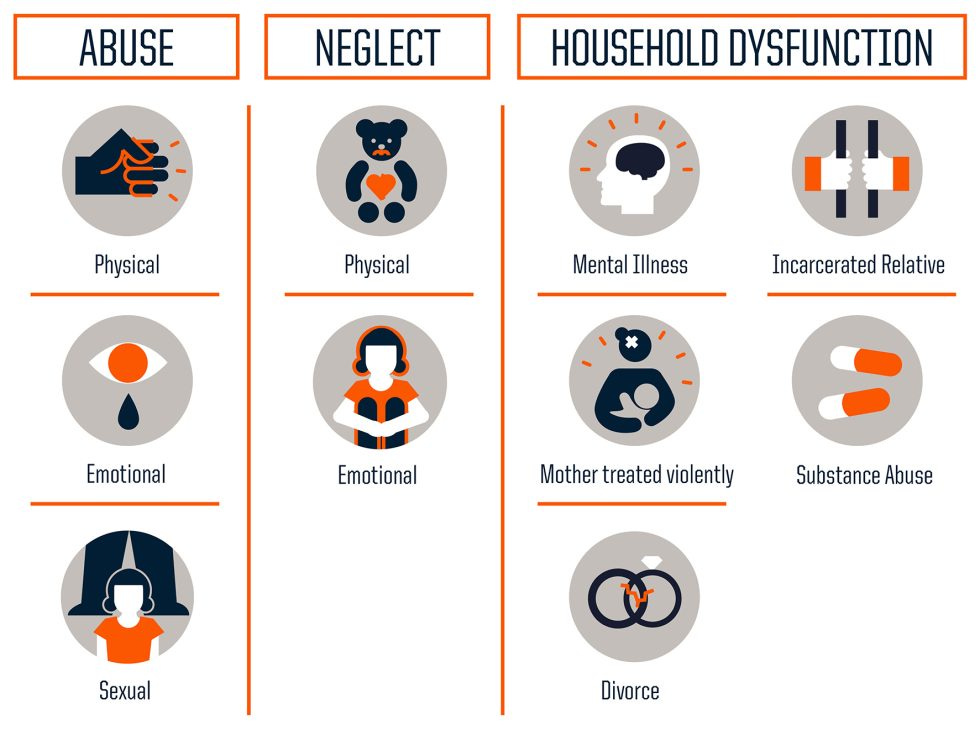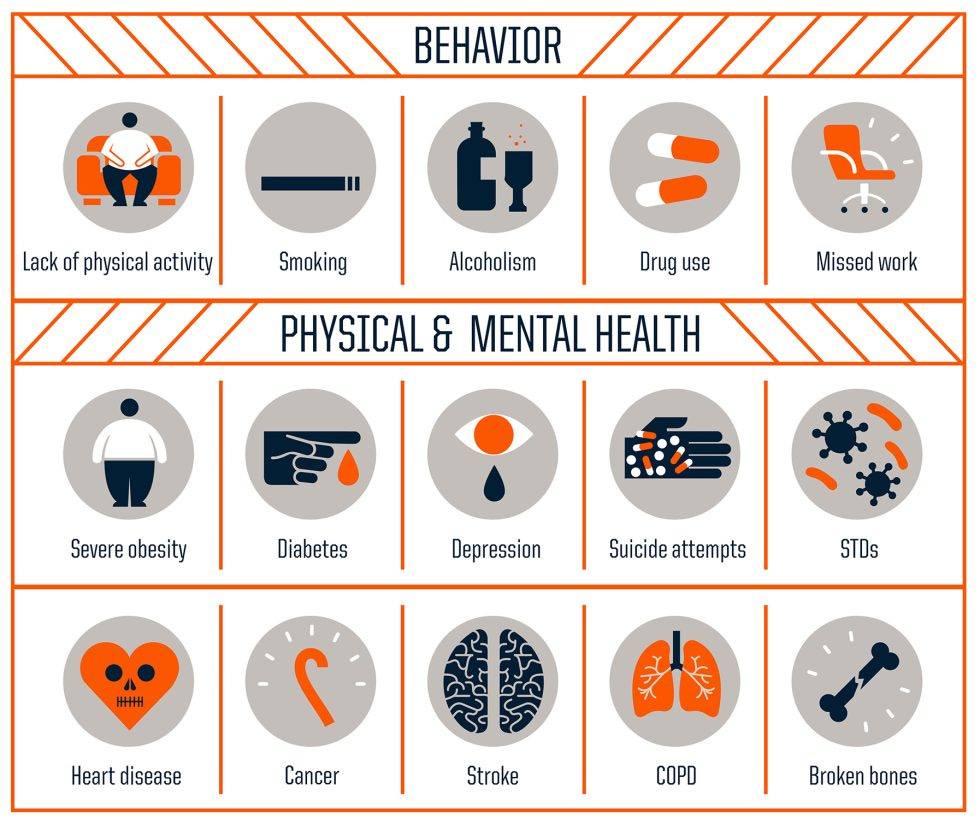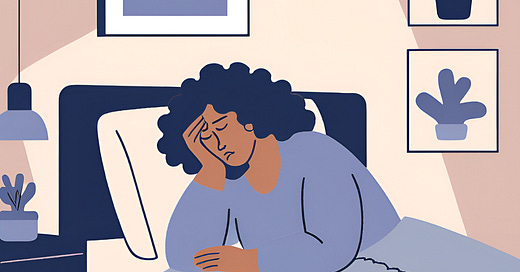Is It Me? No, It's Your ACEs.
Book Credit: The Deepest Well: Healing the Long-Term Effects of Childhood Adversity by Nadine Burke Harris, MD
Dear Adventurers,
Today, let’s embark on a conversation about trauma and its surprising implications on our longevity. While we often discuss the mental toll of adversity—like anxiety, depression, and attention deficits—it's important to note that trauma goes far deeper. We frequently overlook its physical manifestations: the chronic inflammation, hormonal imbalances, and long-lasting biological changes that, according to Dr. Nadine Burke Harris, can stay with us for a lifetime.
Defining ACEs: A Journey into the Deepest Well
Adverse Childhood Experiences (ACEs) have been extensively studied as social determinants of negative health outcomes. However, the impact these experiences have on our physiology is often underexplored. In The Deepest Well, Dr. Burke Harris unpacks this connection by emphasizing how early adversity reshapes our bodies and brains, often setting us up for chronic health issues.
Take the ACEs quiz to better understand your own potential risks.

You might be surprised by how much the experiences of childhood can influence your adult life. An ACE score of two or more doubles your likelihood of developing autoimmune diseases. Four or more? Twice as likely to develop heart disease or cancer. With an ACE score of four, you're also 3.5 times more likely to develop COPD compared to someone with zero ACEs.
Body and Mind: Effects of ACEs
Let’s pause for a moment. If you’re like me and suddenly feel that weight of impending doom, much like the Fellowship standing before the Balrog, I get it. But don’t worry—this isn’t about condemning you to live haunted by your trauma. The goal here is to explore how recent studies and Burke Harris' insights offer ways to mitigate these negative outcomes. Together, we can shape a more resilient and compassionate society, starting by recognizing the links between mind, body, and trauma.
In The Deepest Well, Burke Harris explores animal model experiments that delve into the biological effects of adversity. For example, stress-induced changes in cortisol, a key stress hormone, reveal how trauma affects chemical expressions in our bodies. The timing of trauma plays a critical role. When does a child experience adversity? When does a caregiver intervene to offer comfort? These “whens” are crucial in shaping whether a child's stress response becomes adaptive or maladaptive.
Here are some of the known impacts of ACEs according to recent studies:

Even those who have achieved success beyond adversity—surviving war, abuse, or poverty—can still carry the biological effects of their past experiences. So, while you might be seen as 'the strong one' in your family or 'the one who made it out,' it’s crucial to pay attention to lifestyle choices that could further increase your already heightened risk for ACE-related chronic illnesses.
My Adventure with Chronic Illness
Reading The Deepest Well allowed me to put my own chronic illness into perspective. As a child, I was diagnosed with asthma—common in Black and Brown communities—and I thought I had outgrown it. From ages 17 to 23, I was asthma-free, living life with no restrictions. But one summer, everything changed. I developed a fever that lasted over 30 days, resisted medication, and drained me completely. After several visits to urgent care, the ER, and undergoing a lumbar puncture, doctors couldn’t pinpoint the biological cause. When my fever finally broke, it left behind something worse—severe adult-onset asthma.
My story doesn’t end there. After four years of inhalers, steroids, and my close relationship with Prednisone, I decided to change my approach. I turned to books like The Deepest Well, How to Do the Work by Nicole LePera, and What Happened to You? by Bruce Perry and Oprah Winfrey. These works made me realize something: while my biological state wasn’t my fault, I could choose how I responded. Remaining a victim wasn’t an option.
I expanded my Life Adventure to include not only mental healing but physical and physiological wellness, too. I prioritized sleep, reduced inflammatory foods, practiced mental body scans, and focused on balancing my hormones. While I’m still asthmatic, I’ve reduced my reliance on medication and gained energy. I cherish my body and the resilience it shows every day.
What Next?
As you reflect on your own experiences, consider how understanding your ACE score might shift your view of your health. Have you seen the effects of trauma manifest in your own body? I hope that this discussion empowers you to trust in your body’s ability to heal and protect itself. Let’s continue on this adventure together—researching, reflecting, and renewing ourselves for a healthier future.
Reflection
How has learning about ACEs shifted your perspective on your own health or the well-being of those around you?
Have you noticed any physical or emotional effects in your life that could be linked to early adversity? How have you managed them?
What steps have you taken—or are considering taking—to promote healing and resilience in your own journey?
Feel free to share your answers in the comments or message me directly—I’d love to hear more about your Life Adventure!
Here’s to growth, wisdom, and the journey ahead.
Much love, Jae







